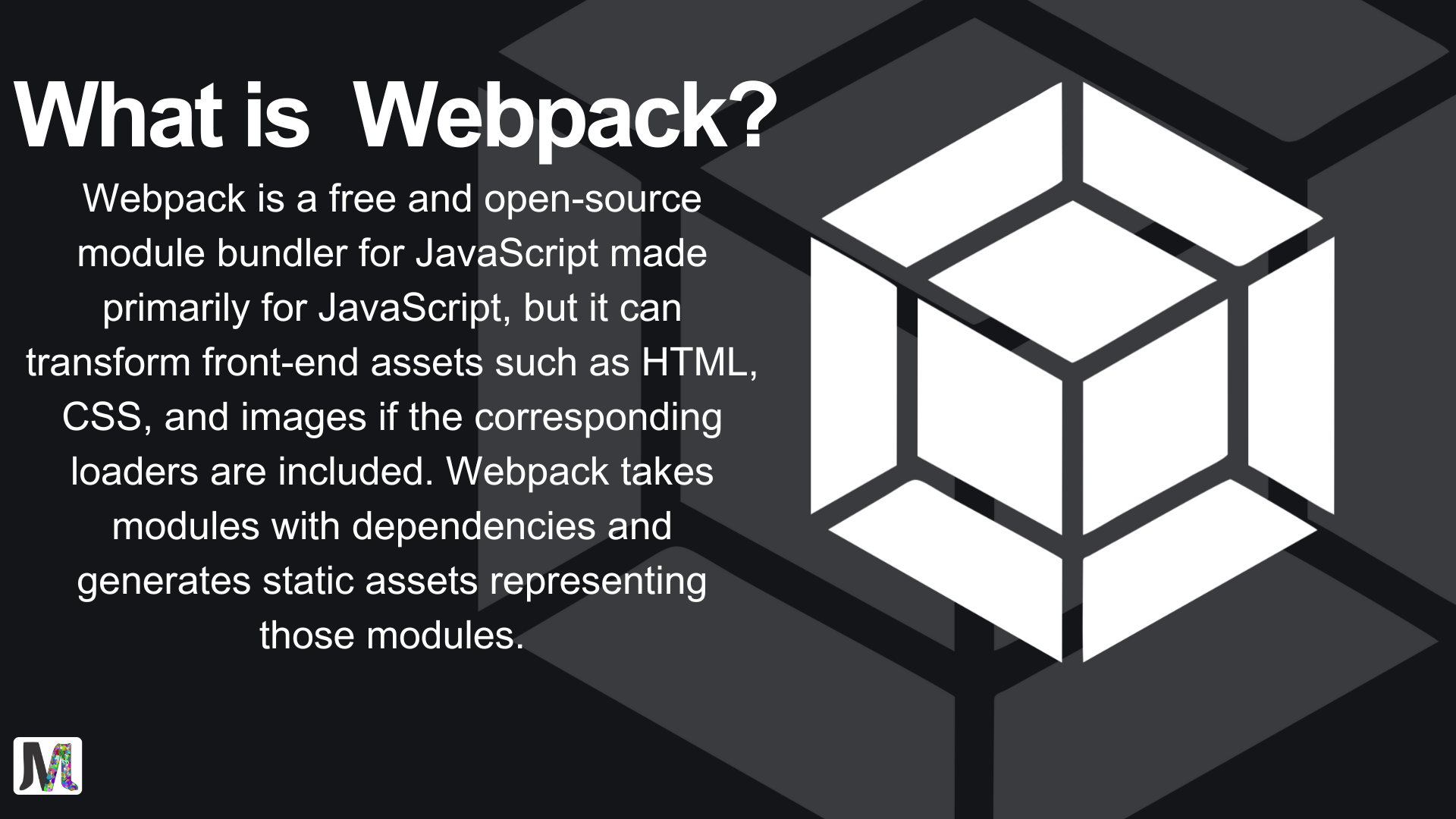Undercover Budgeting Tips: The Secrets to Saving More and Spending Less
Managing money doesn’t have to be restrictive, boring, or overwhelming. Traditional budgeting methods often feel like a punishment, forcing you to track every single penny and cut out all the joys of life. But what if you could budget in a way that’s so subtle, so undercover, that you hardly notice you’re doing it? Enter the world of undercover budgeting—a stealthy approach to saving more and spending less without feeling deprived.
This guide will walk you through expert-approved undercover budgeting tips designed to boost your financial health while keeping your lifestyle intact. By the end, you’ll have a game plan that helps you manage money effortlessly, achieve your financial goals faster, and build long-term wealth—all without feeling like you’re on a strict budget.
1. The Invisible Budget: How to Automate Your Finances Like a Pro
Tracking every transaction can be exhausting. Instead of forcing yourself to log every coffee and grocery run, set up an invisible budget where savings and spending limits happen automatically. Here’s how:
- Automate Savings First: Set up an automatic transfer to your savings account the moment you get paid. This way, you’re saving money before you even get a chance to spend it.
- Separate Accounts for Spending: Have a designated account for discretionary spending and transfer a fixed amount into it each month. Once the money is gone, you can’t overspend.
- Prepay Bills: Overpaying utility bills or rent occasionally can build a small buffer for tight months.
- Use Percentage-Based Budgeting: Instead of tracking every cent, allocate percentages (e.g., 50% needs, 30% wants, 20% savings) and stick to those limits effortlessly.
By putting your finances on autopilot, you remove the stress of constant money monitoring while still maintaining financial discipline.
2. The Cash Envelope Illusion: A Digital Version That Works
The cash envelope method is a well-known budgeting trick, but with digital transactions taking over, carrying cash isn’t always practical. Instead, replicate this system virtually:
- Use Budgeting Apps: Apps like YNAB, Mint, or Goodbudget let you categorize your spending and alert you before you overspend.
- Prepaid Cards for Certain Expenses: Load a prepaid debit card with your monthly dining or entertainment budget. When it’s empty, you’re done spending.
- Bank Account Buckets: Some banks allow you to create sub-accounts for different expenses, acting like virtual envelopes.
This modern approach to cash envelopes helps control spending without the hassle of carrying physical cash.
3. Stealthy Savings Hacks: Growing Wealth Without Even Noticing
Saving money doesn’t have to feel like a chore. Here are some effortless ways to stash away cash without realizing it:
- Round-Up Savings Apps: Apps like Acorns or Qapital round up your purchases and invest or save the difference.
- Direct Deposit Diversion: Split your paycheck so a portion automatically goes into a savings or investment account.
- Hidden Savings Account: Open a savings account at a different bank to reduce temptation and check it only once a year.
- Overpaying Small Bills: Rounding up your utility or credit card payments builds a tiny buffer that can help in emergencies.
By making saving invisible, you’ll accumulate more money effortlessly over time.
4. Grocery Store Spy Tricks: Shop Smarter Without Sacrificing Quality
Grocery shopping is one of the biggest budget busters, but with a few stealthy moves, you can cut costs significantly:
- Shop Late at Night: Many stores discount perishables before closing.
- Use Incognito Mode for Online Shopping: Retailers track your searches and may increase prices based on browsing history.
- Understand Sales Cycles: Most grocery items go on sale every 6-8 weeks, so stock up when prices drop.
- Skip Eye-Level Products: Stores place the most expensive items at eye level. Look at the top or bottom shelves for better deals.
These subtle tricks will keep your grocery bill low without compromising on quality or nutrition.
5. Subscription Camouflage: Stop Paying for Things You Don’t Use
Recurring subscriptions silently drain your bank account. Here’s how to keep them in check:
- Use a Virtual Credit Card: Generate virtual credit cards that expire, forcing companies to ask for updated payment info before auto-renewing.
- Rotate Streaming Services: Subscribe to one service per month instead of keeping all at once.
- Set Calendar Reminders: Mark subscription renewal dates and cancel those you don’t need.
- Negotiate Lower Rates: Call and ask for retention deals or downgrade to cheaper plans.
By regularly auditing your subscriptions, you free up money for things that actually matter.
6. Retail Ninja Techniques: Outsmart Stores and Save Big
Retailers use psychological tricks to make you spend more. Beat them at their own game with these counter-strategies:
- Abandon Carts Online: Many stores send discount codes if you leave items in your cart for a few days.
- Turn Off One-Click Purchases: This forces you to reconsider impulse buys.
- Use Gift Cards Strategically: Buy discounted gift cards for stores you shop at frequently.
- Shop With a List: Stick to your plan and avoid impulse purchases.
Being a savvy shopper means getting what you need without falling for marketing traps.
7. The “No-Spend Day” Mission: Challenge Yourself to Spend Zero
One of the best undercover budgeting tricks is the no-spend challenge:
- Start Small: Pick one day a week where you don’t spend any money.
- Use Free Entertainment: Take advantage of libraries, parks, or community events.
- Cook From Your Pantry: Use what you already have instead of buying new groceries.
Turning this into a game makes budgeting feel like an exciting challenge rather than a restriction.
8. Silent Financial Reviews: Low-Effort Money Check-Ups
You don’t need to obsess over your finances daily, but a quiet review keeps you on track:
- Check Bank Balances Weekly: This prevents overspending without micromanaging.
- Set Passive Alerts: Use bank notifications to track spending without manual effort.
- Adjust Habits Gradually: Small tweaks over time lead to significant savings.
The key to successful budgeting is staying informed without stress.
Final Thoughts: Becoming a Master of Undercover Budgeting
Undercover budgeting isn’t about extreme frugality—it’s about financial awareness and smart money management that doesn’t feel like a burden. By automating savings, using subtle spending controls, and leveraging financial psychology, you can make significant progress toward financial freedom without feeling restricted.
Start implementing these hidden budgeting techniques today, and watch your savings grow effortlessly while still enjoying life. The best budget is one you barely notice but still keeps your finances in check!








Leave a Reply